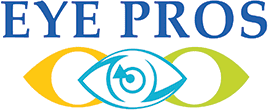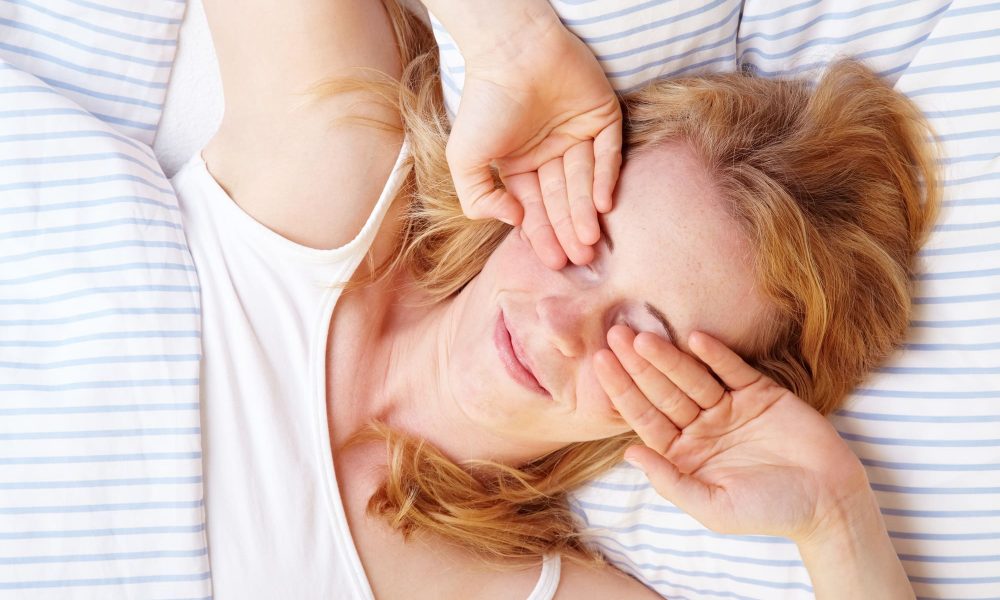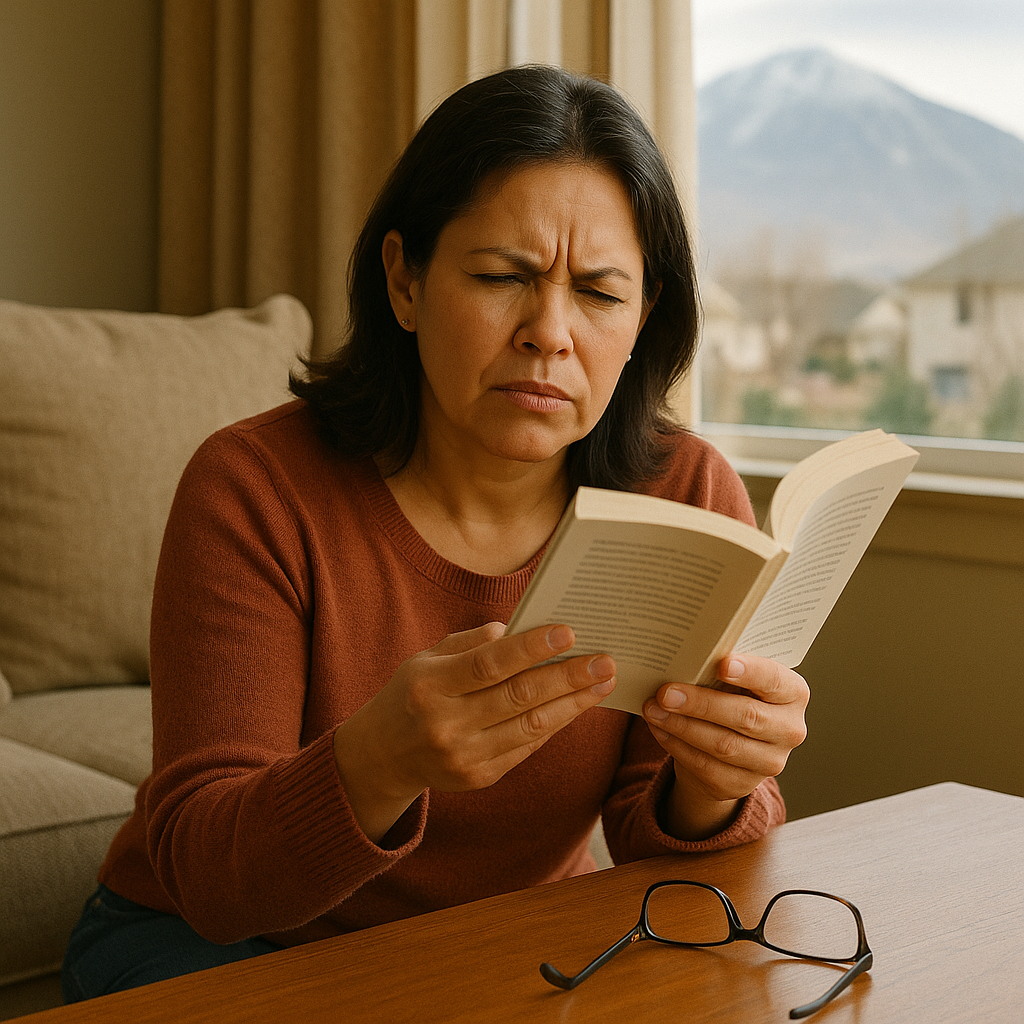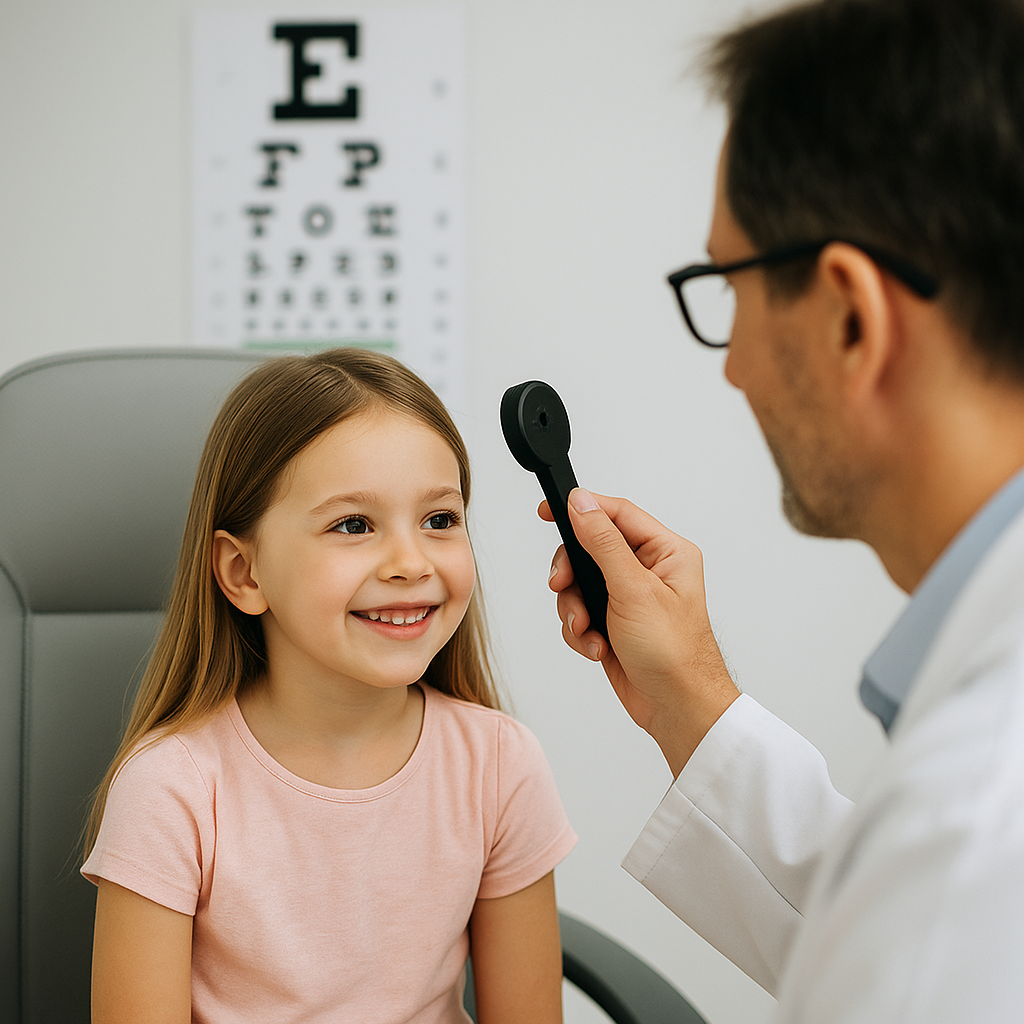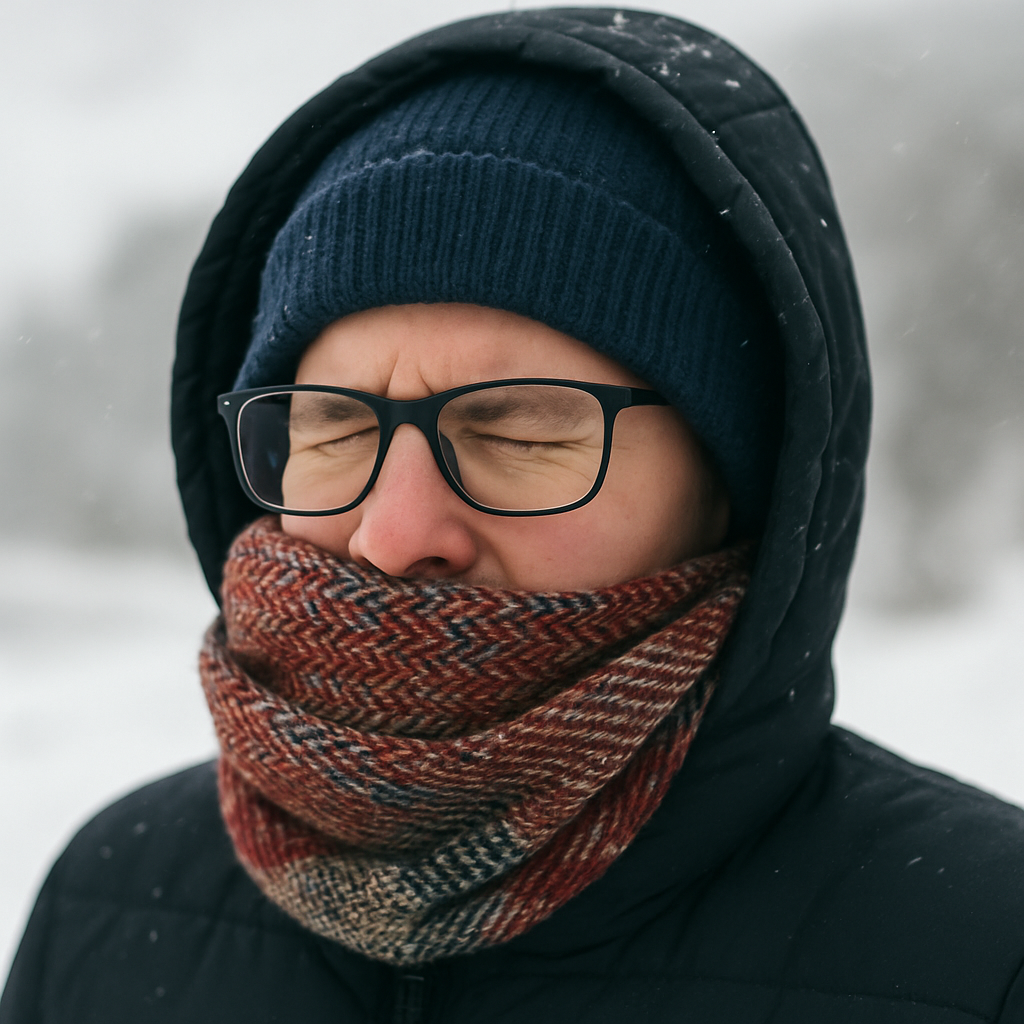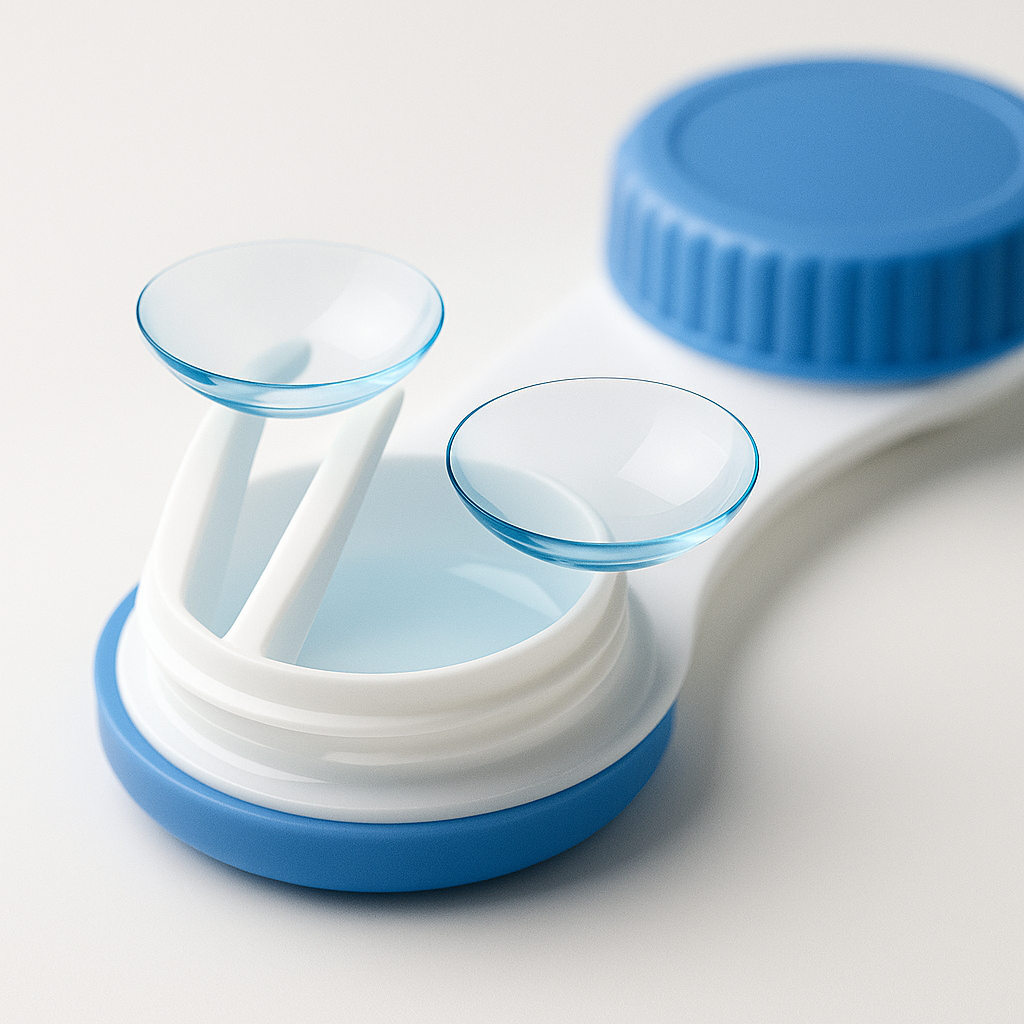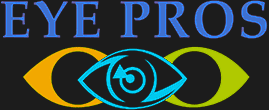Almost one-third of contact-wearers admit to falling asleep with their contacts in. Although they are convenient and comfortable to wear during the day, contacts can feel like a nuisance before bed. When you’re already cozied up in the sheets, it can be tempting to neglect your eye care for some quick sleep. Can you sleep with contacts in? What could happen if you forget to take them out?
Don’t turn a blind eye to the risks of sleeping in contacts! Read on to learn more.
Can You Sleep with Contacts In? Understanding the Risks and Care Tips
Many contact lens wearers have wondered, “Can you sleep with contacts in?” The short answer is no, you shouldn’t. While it may seem convenient to leave your contacts overnight, doing so significantly increases the risk of serious eye infections and other complications.
How Long Can You Sleep with Contacts In?
Sleeping with contacts in, even for a short nap, is not recommended. Studies show that sleeping in contacts makes you six to eight times more likely to develop an eye infection. But how long can you sleep with contacts in before it becomes dangerous? The truth is, even sleeping with contacts in for just a few hours can start to deprive your eyes of the oxygen they need, leading to discomfort, dryness, and an increased risk of infection.
Dangers of Sleeping in Contacts
If you sleep in your contacts, you may be risking more than just minor irritation. Here are some of the major risks:
- Corneal Infection: Your cornea needs oxygen and hydration to stay healthy. Sleeping with contacts reduces oxygen flow, leading to cell damage and increasing the risk of infections like keratitis.
- Bacterial Keratitis: This type of infection is caused by bacteria like Staphylococcus aureus and Pseudomonas aeruginosa, which thrive in the low-oxygen environment created by overnight contact lens wear.
- Fungal Keratitis: Common in warmer climates, this infection can result from sleeping in contacts, especially if you’ve had any eye trauma.
- Acanthamoeba Keratitis: This serious infection can occur if your lenses come into contact with contaminated water, such as when swimming or showering while wearing lenses. Sleeping in contacts further exacerbates the risk.
How to Treat Eyes After Sleeping with Contacts
If you accidentally fall asleep with your contacts in, it’s essential to treat your eyes with care immediately upon waking:
- Remove the Lenses: As soon as you wake up, remove your contact lenses. If your eyes feel too dry, use rewetting drops and wait a few minutes before attempting to remove them again.
- Rehydrate Your Eyes: After removing your contacts, use artificial tears or lubricating eye drops to restore moisture to your eyes.
- Switch to Glasses: Give your eyes a break by wearing glasses for at least a day to allow them to recover and rehydrate.
- Monitor for Signs of Infection: Watch for symptoms like redness, pain, discharge, or sensitivity to light. If any of these occur, consult an eye care professional immediately.
What Happens if You Sleep with Contacts In?
The consequences of sleeping with contacts can be severe:
- Eye Discharge
- Eye Pain or Swelling
- Itching or Burning Sensation
- Redness and Watery Eyes
- Blurry Vision
- Sensitivity to Light
These symptoms can indicate an infection that, if left untreated, could lead to more serious conditions requiring surgical intervention and possibly resulting in vision loss.
What to Do if You Fell Asleep in Contacts
It’s easy to accidentally fall asleep with your contacts in. If this happens:
- Remove Your Contacts Immediately: Carefully take out your contacts as soon as possible.
- Use Rewetting Drops: To ease the removal process and rehydrate your eyes, apply rewetting drops.
- Rest Your Eyes: Opt for wearing glasses for the rest of the day to reduce strain on your eyes.
- Stay Vigilant: Over the next few days, monitor your eyes for any signs of infection.
Important Care Tips for Contact Lens Wearers
Proper contact lens hygiene is crucial to prevent infections and maintain eye health. Here are some essential tips:
- Avoid Swimming, Showering, or Hot-Tubbing in Contacts: Water can introduce harmful bacteria to your lenses.
- Always Wash Your Hands Before Handling Contacts: Clean hands reduce the risk of transferring bacteria to your eyes.
- Use Proper Cleaning Solutions: Only use contact lens solutions recommended by your eye care provider—never use saline or tap water.
- Replace Your Lens Case Regularly: Discard the old solution and clean your lens case daily to prevent bacteria buildup.
- Don’t Reuse Disposable Contact Lenses: Follow the replacement schedule provided by your eye doctor to minimize the risk of complications.
- Put Contacts In Before Applying Makeup: This reduces the chance of makeup particles getting trapped under your lenses.
Practice Safe Shut-Eye
So, can you sleep with contacts in? Technically, yes, but it’s strongly discouraged. The risks far outweigh the convenience, as even a short nap can increase your chances of developing a serious eye infection. By following proper contact lens care and avoiding sleeping in your lenses, you can protect your eyes from potential harm.
Additionally, remember to schedule regular eye exams with your optometrist to ensure your eyes remain healthy and your vision sharp. The Eye Pros are here to assist with all your exam and eyewear needs at multiple locations across Utah and Idaho. Don’t hesitate to contact us if you have any questions about your eye health or need advice on the best practices for wearing contact lenses.
